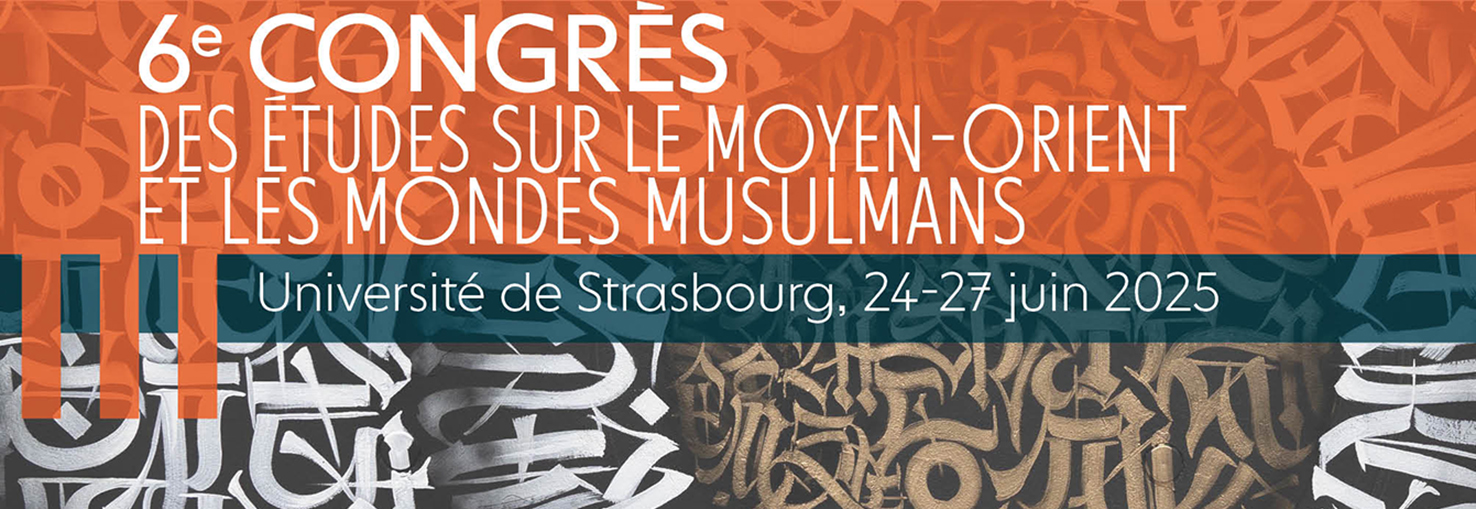Jeudi 26 juin 2025, 17h30-19h30, Salle 3220 > Changement de salle : 4103
RESPONSABLES :
Augustin Jomier (IRMC)
Élise Paysant (ENS, IHMC)
INTERVENANTS :
Élise Paysant (ENS, IHMC) : Les bibliothèques musulmanes lettrées et populaires dans la ville coloniale de Saint-Louis (Sénégal) au début du XXe siècle
Scholarly and grassroots libraries: The mutations of the Islamic book culture in the colonial town of Saint-Louis (Senegal) at the turn of the 20th century
Zouhour Chaabane (BULAC) : Reconstituer la bibliothèque du cheikh al-Haddad : Un périple documentaire
Reconstructing Sheikh al-Haddad's library: A documentary journey
Margo Stemmelin (Université Paris VIII, IDHE.S) : La bibliothèque universitaire d'Alger, un nouveau modèle au Maghreb ?
The university library of Algiers : A new model for the Maghreb ?
Augustin Jomier (IRMC) : Réformer les bibliothèques, changer les pratiques savantes ? Les bibliothèques de la Zaytūna à l'épreuve du protectorat (1881-1956)
Reforming libraries, changing scholarly practices? The Zaytūna mosque's libraries under the protectorate (1881-1956)
- Poster




